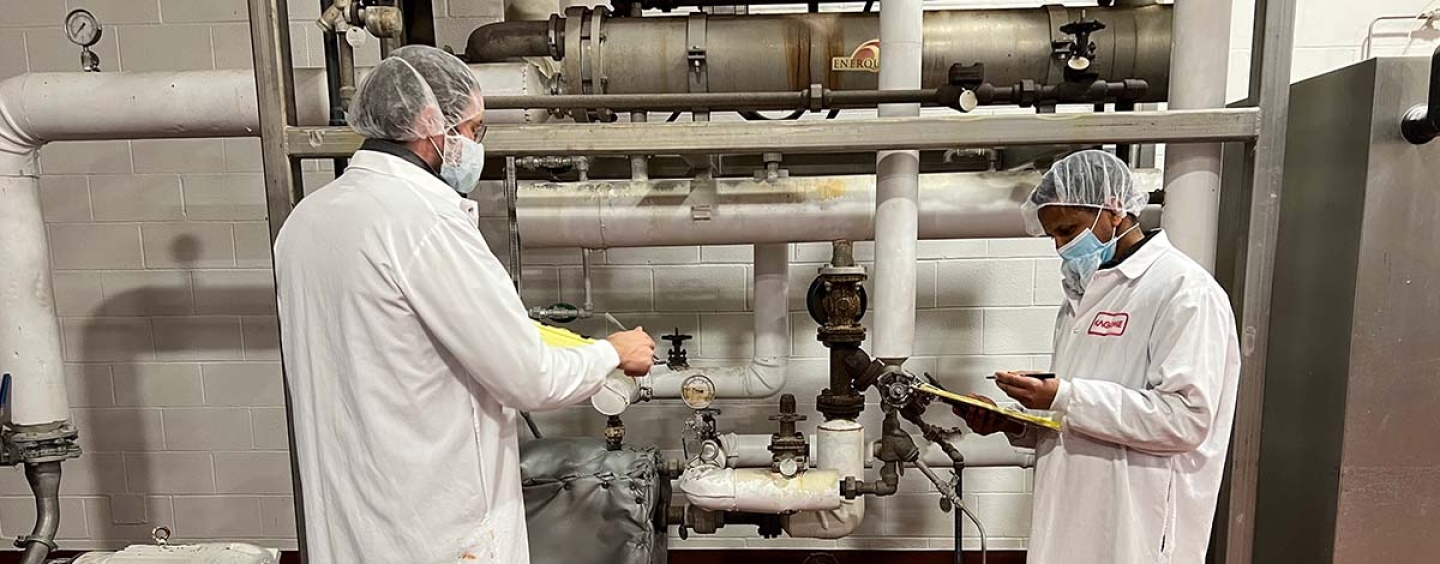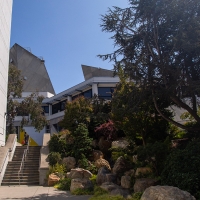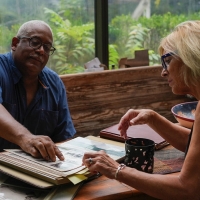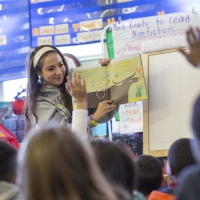Department of Energy appoints SF State School of Engineering to lead expanded pathways to clean energy jobs

The University will partner with other minority-serving institutions to improve student training and manufacturer energy efficiency
The U.S. Department of Energy (DOE) awarded San Francisco State University $3.75 million to establish and lead the new Western Regional Center of Excellence to train a new generation of clean energy engineers and improve energy efficiency among manufacturers. This new center, housed within the School of Engineering, will be one of five regional Centers of Excellence in the nation and the only one in the West.
Over the next five years, San Francisco State’s Industrial Assessment Center (IAC) will partner with four other minority-serving institutions — San Jose State University, San Diego State University, Laney College and Cuyamaca College — to promote renewable energy and energy efficient technologies, reduce manufacturer emissions, improve industrial assessment methods and more in a multi-state region including the western United States, Hawaii and Alaska.
“This award recognizes SF State as a leader in advanced energy technologies and engineering education. The Center of Excellence will expand our best practices to other existing and new IACs, in order to promote the development of diverse energy engineers who can meet the high workforce demand in this field,” said Ed Cheng, professor and associate director of the School of Engineering, who is leading this project.
Based out of SF State’s IAC, the new program will be a regional hub for IACs to collaborate with government, nonprofit, labor and industry partners. Building upon services and training opportunities already provided via IACs, the center also will support training at other minority-serving institutions, establish programs in tribal communities and address environmental justice issues. This includes development of new curricula and best practices for IACs and other organizations.
Since 1992, SF State’s IAC program has provided Central and Northern California manufacturers free assessments of energy use, waste generation and water consumption. These assessments are mainly conducted by SF State Engineering students under the supervision of University faculty. The SF State IAC’s clients are usually within 150 radial miles from San Francisco, though the team has traveled to Humboldt and Fresno Counties and even other states such as Arizona.
“From the manufacturer’s standpoint, the IAC provides benefits in terms of energy and associated costs savings. But important co-benefits of this reduced energy consumption are reductions in greenhouse gas emissions and industrial pollutants that can negatively impact populations in historically disadvantaged communities,” explained Cheng.
The DOE currently funds 37 university-based IAC programs in 28 states. In over 40 years, these programs provided more than 20,000 assessments at small- and medium-sized manufacturers — more than 90% of the nation’s manufacturing base — typically finding more than $130,000 in potential annual saving opportunities for manufacturers.
Establishment of these regional centers of excellence is part of a combined $18.7 million in funding from the federal Bipartisan Infrastructure Law. The DOE also announced a $54 million funding opportunity to expand IAC programs to community colleges, trade schools and union training programs and establish new building training assessment centers at higher education institutions. These efforts support President Joe Biden’s Justice40 Initiative, which directs 40% of benefits of certain federal investments (clean energy and energy efficiency, clean transit, sustainable housing, etc.) to communities marginalized, underserved and overburdened by pollution.
Tags



